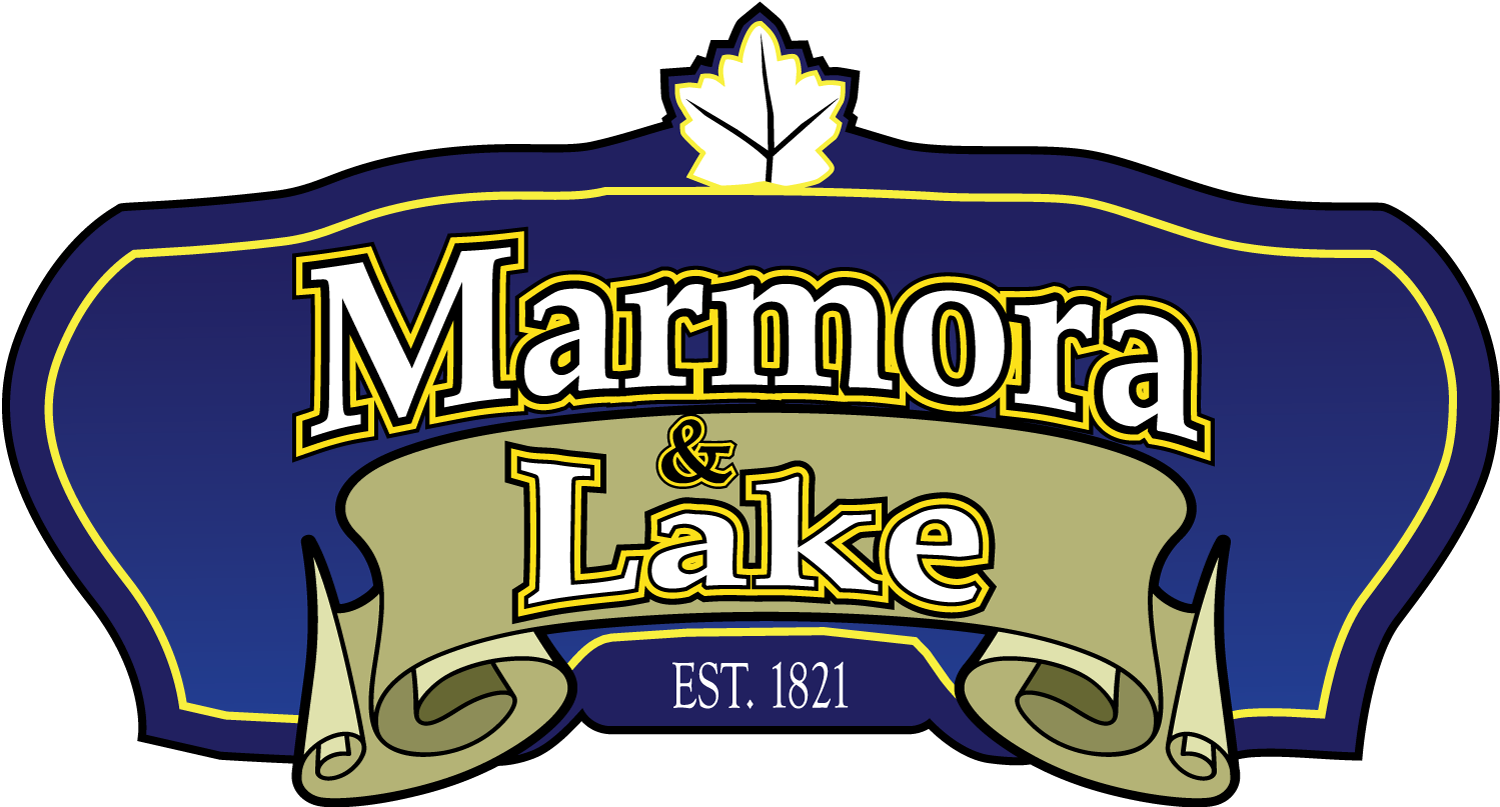Mayor O'Neill's Response to the Gypsy Moth Infestation
Contact the Ministry of Natural Resources: 188-667-1940 nrisc@ontario.ca
Transcript:
RESPONSE TO THE GYPSY MOTH INFESTATION
The gypsy moth infestation is present and severe in Marmora and Lake and surrounding municipalities.
In response to several e-mails and enquiries, I have made a number of enquiries regarding responsibility for spraying and expressed my concerns to our MPP, Daryl Kramp’s office.
The response I received was provided by the office of our MPP which was provided to them by Minister John Yakabuski, Ministry of Natural Resources and Forestry.
The correspondence clearly stated:
“Management of gypsy moths on private land is the responsibility of the landowner or municipality”.
A second correspondence related to Forest Health (Gypsy Moth) Roles and Responsibilities
This document referred to Provincial Forest health monitoring;
Gypsy moth information;
Gypsy moth monitoring;
Federal regulation and enforcement;
Pesticide regulation, as follows:
The Health Canada Pest Management Regulatory Agency (PMRA) is responsible for pesticide regulation in Canada. Pesticides are stringently regulated in Canada to ensure they pose minimal risk to human health and the environment. Under the authority of the Pest Control Products Act, etc.
Ministry of the Environment Conservation and Parks (MECP) regulates the sale, storage, use, transportation, and disposal of pesticides in Ontario etc.
Insect management on private land:
MNRF does not manage gypsy moths on private land; insect management on private land is the responsibility of the homeowner.
Municipalities and conservation authorities may choose to develop integrated pest management plans to manage trees, parks, and other green spaces within their jurisdiction.
To give you an example of the process and regulations the municipality would have to follow, the Town of Pelham in Niagara conducted the necessary studies and passed a Gypsy Moth Management Policy. This is a paragraph taken from the Town of Pelham’s Report to Council:
Under the definition of a “built-up area” requiring Transport Canada Ministerial Authorizations, as well as the use of Twin Engine Helicopters with approved equipment certified to carry out aerial applications. The cost of spraying was estimated at $876.00/ha. The cost of spraying 118.7 ha is $104,000. Additional costs of $4,400 associated with mobilizing and providing ground support for the helicopter. Administration costs were approximately $35,000. Total approximately $143,000. The 2020 Budget was $150,000.
In summary, I have contacted Minister Daryl Kramp’s office to express my concerns that the Ministry has taken the position that the problem and solution is the responsibility of the private landowner and/or the municipality. Small municipalities have neither the financial or technical resources to accomplish the degree of expertise to conduct the studies and develop the required Gypsy Moth Management Policy. The municipality could not perform the spraying requirements without the proper authorization and permits required by the government. Companies who contract helicopter services would be required to comply with the Ministry of the Environment, Conservation, and Parks and permit requirements under the Pesticides Act.
I will provide a copy of this announcement to MPP Daryl Kramp and Mr. John Yakabuski, Minister of Natural Resources and Forestry, and Warden Rick Phillips, Hastings County.
I have also included a Notice of Motion in the next Council Agenda advocating for the Ministry to reconsider its position and put a plan in place for the next season.
Staff has contacted and received confirmation from Municipalities in Hastings County. Ten out of the fourteen that responded confirmed that they are not spraying for gypsy moth.
